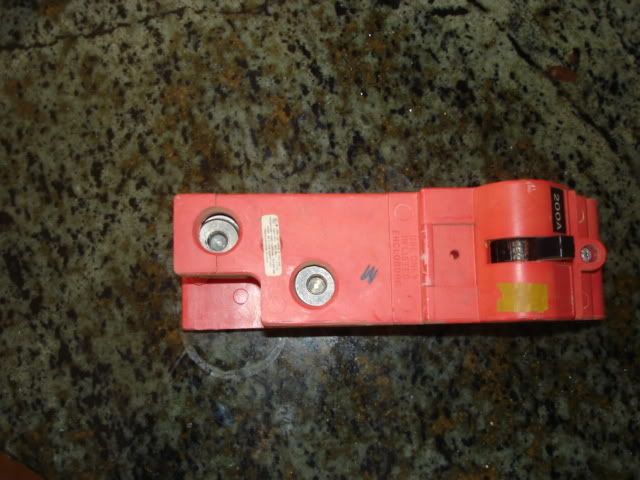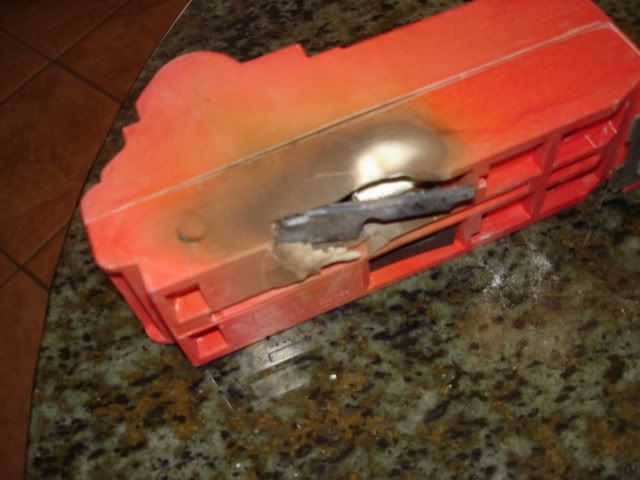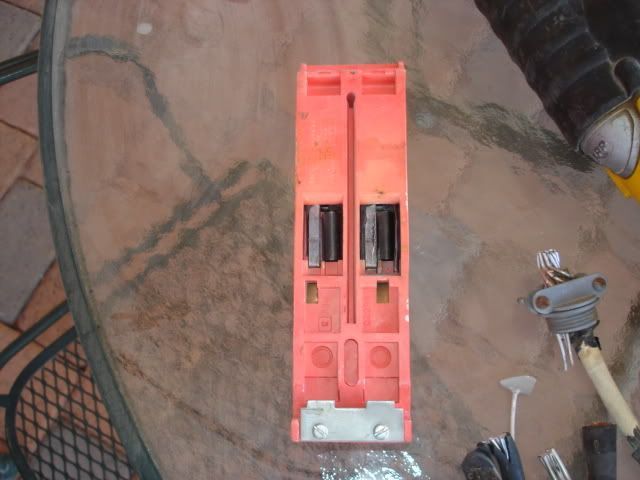Yes, we did check the meter connections as well. Actually here we had to have the Utility Company check them when they did their inspection.
I fell this the wrong approach, you have relied on someone that may or may not know what they are doing to possible resolve an issue you were called to investigate. You have done yourself and your customer a disservice.
Light flicker (dimming and restoration of light to near preflicker level) of lights from motor inrush) is a byproduct of several factors and generally is difficult to over come.
AC motor loads (in particular compressors) but all motor loads have inrush currents. These inrush currents result in voltage drop in the branch circuit, panel bus, service laterals, utility transformer and possibility the utility HV feeders.
Flicker is in addition user dependent; some people are more susceptible to flicker. For some reason flicker seems to bother women more that men (based upon personal experience).
A Voltage Drop (VD) as little as 3 volts on a nominal 120 VAC system is noticeable (by me), 2.5% VD.
We have had cases were the VD was all a byproduct of primarily single phase 120 VAC loads, in these cases we were able to put the lighting on L1 and all the motor loads on L2, the HVAC compressors were something the homeowner had to live with. This minimizes the flicker.
To test for this VD and resulting flicker to determine the source of the inrush, use a min max amp clamp and min max multimeter at the main service watch the lights(it may take two workers) and correlate to the meters.




